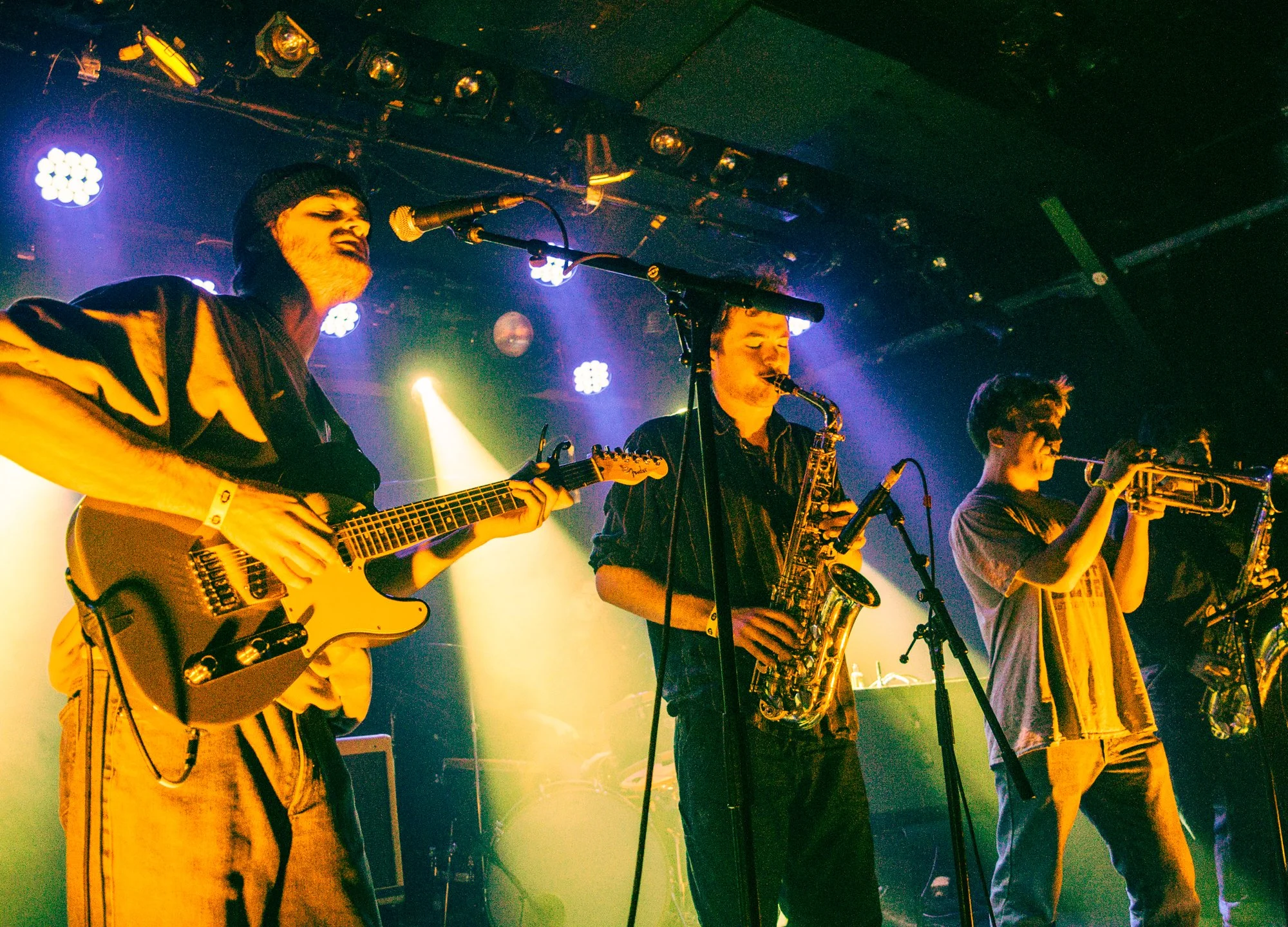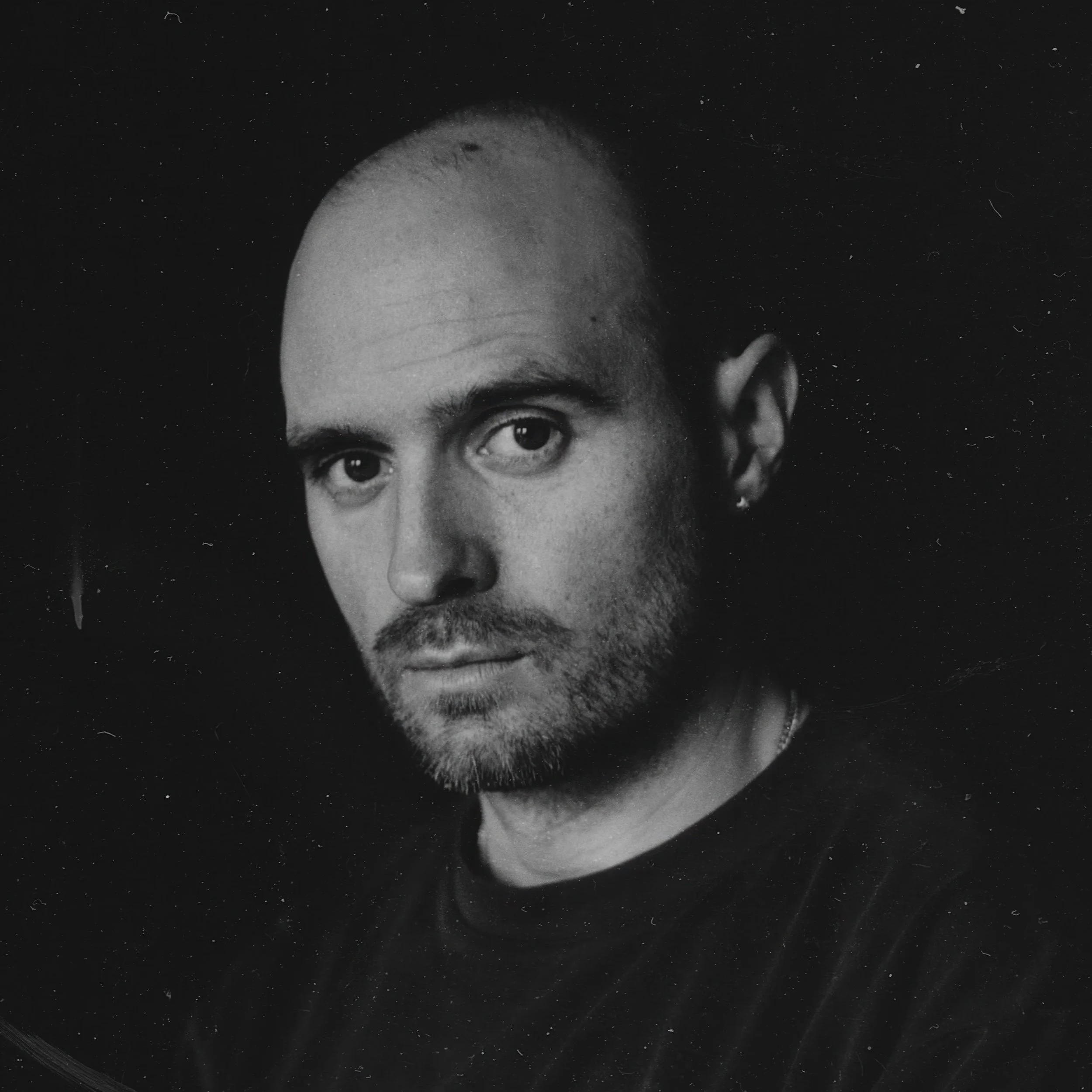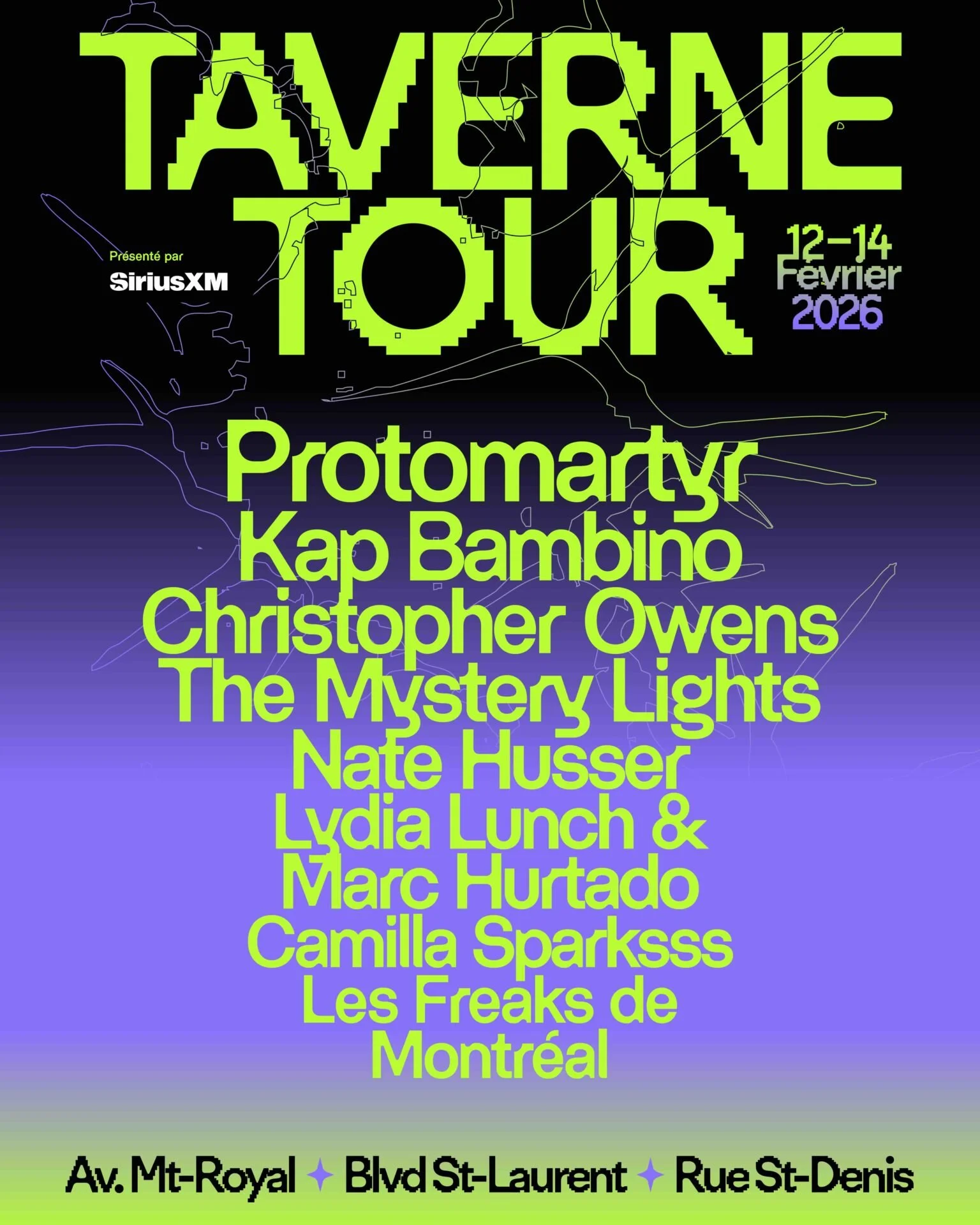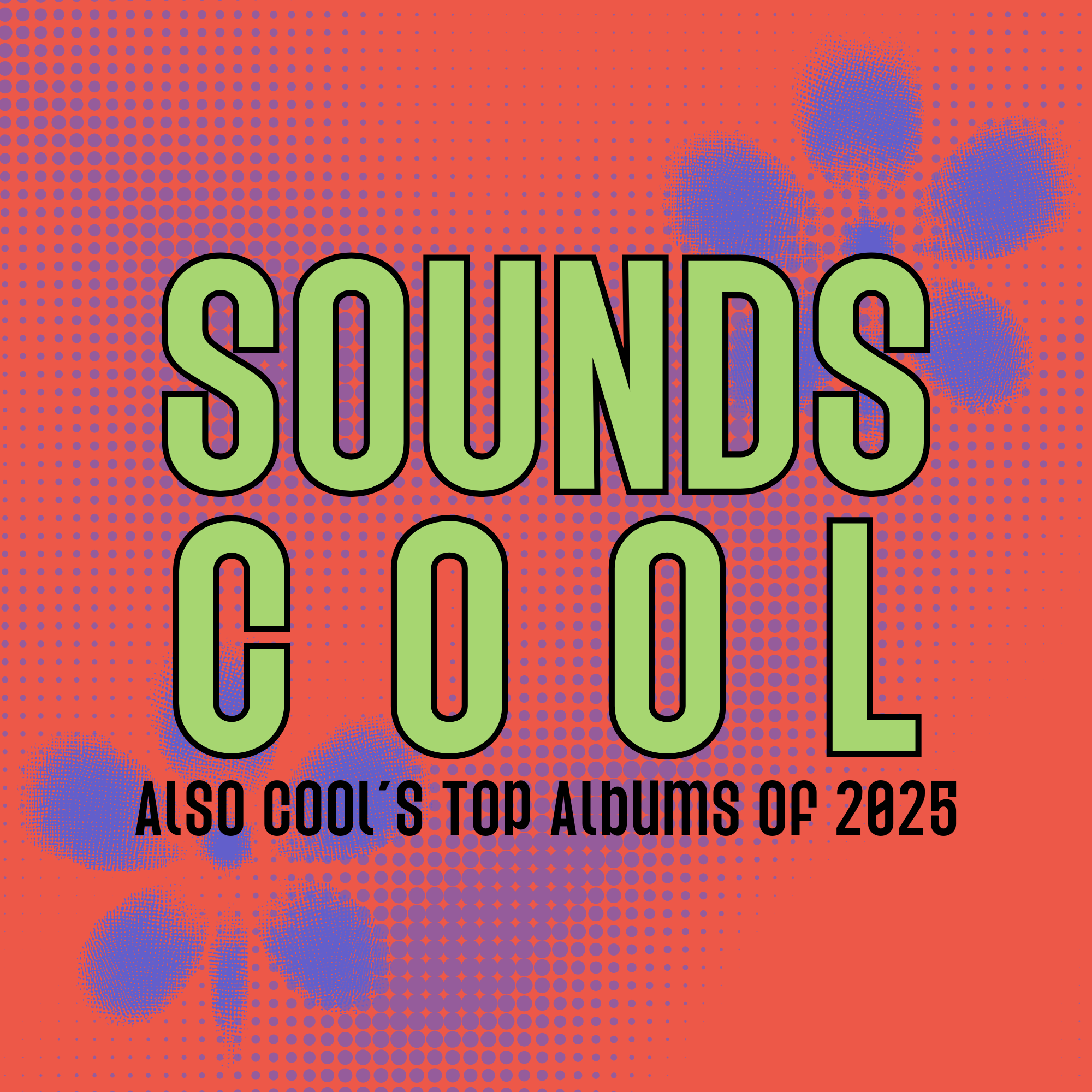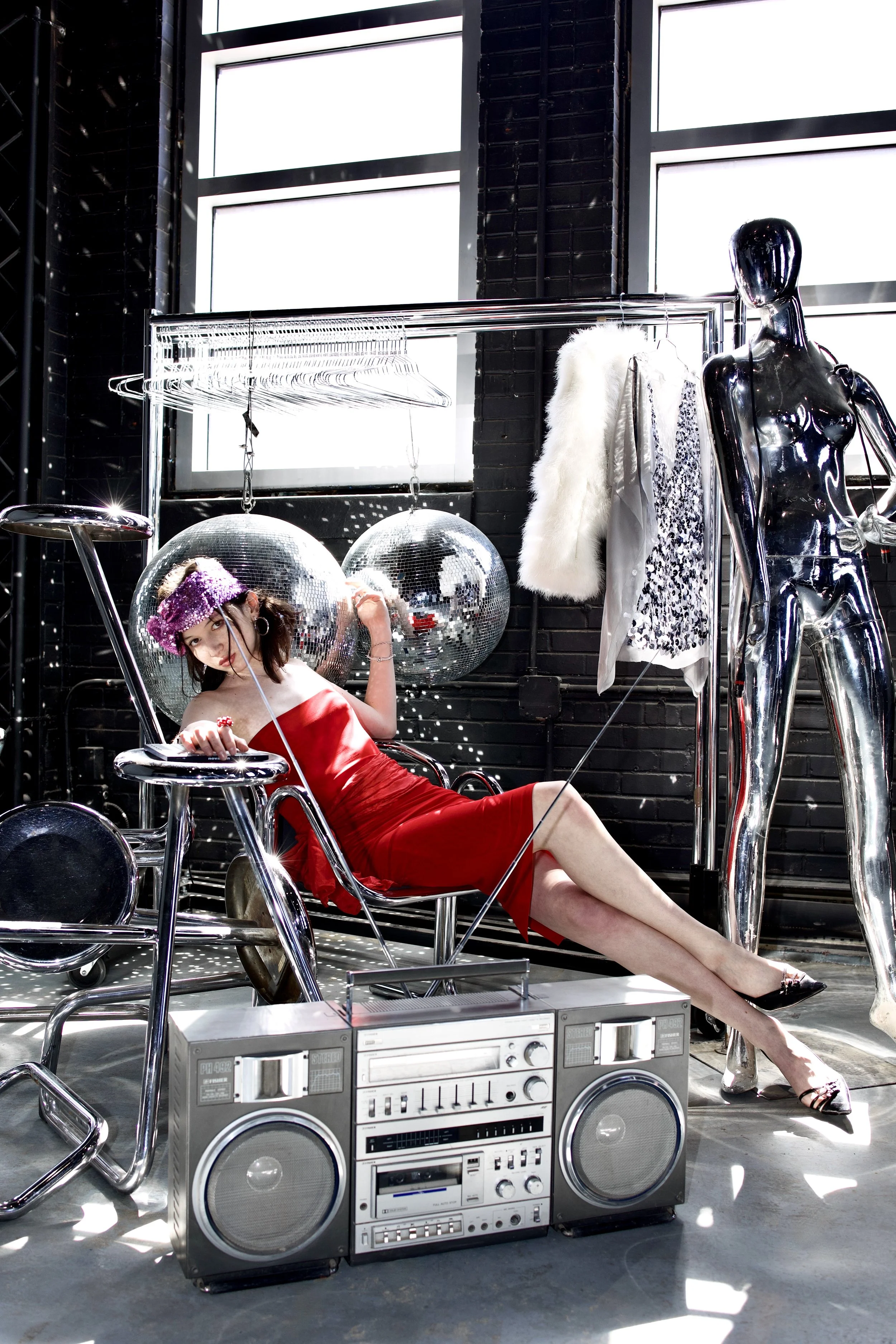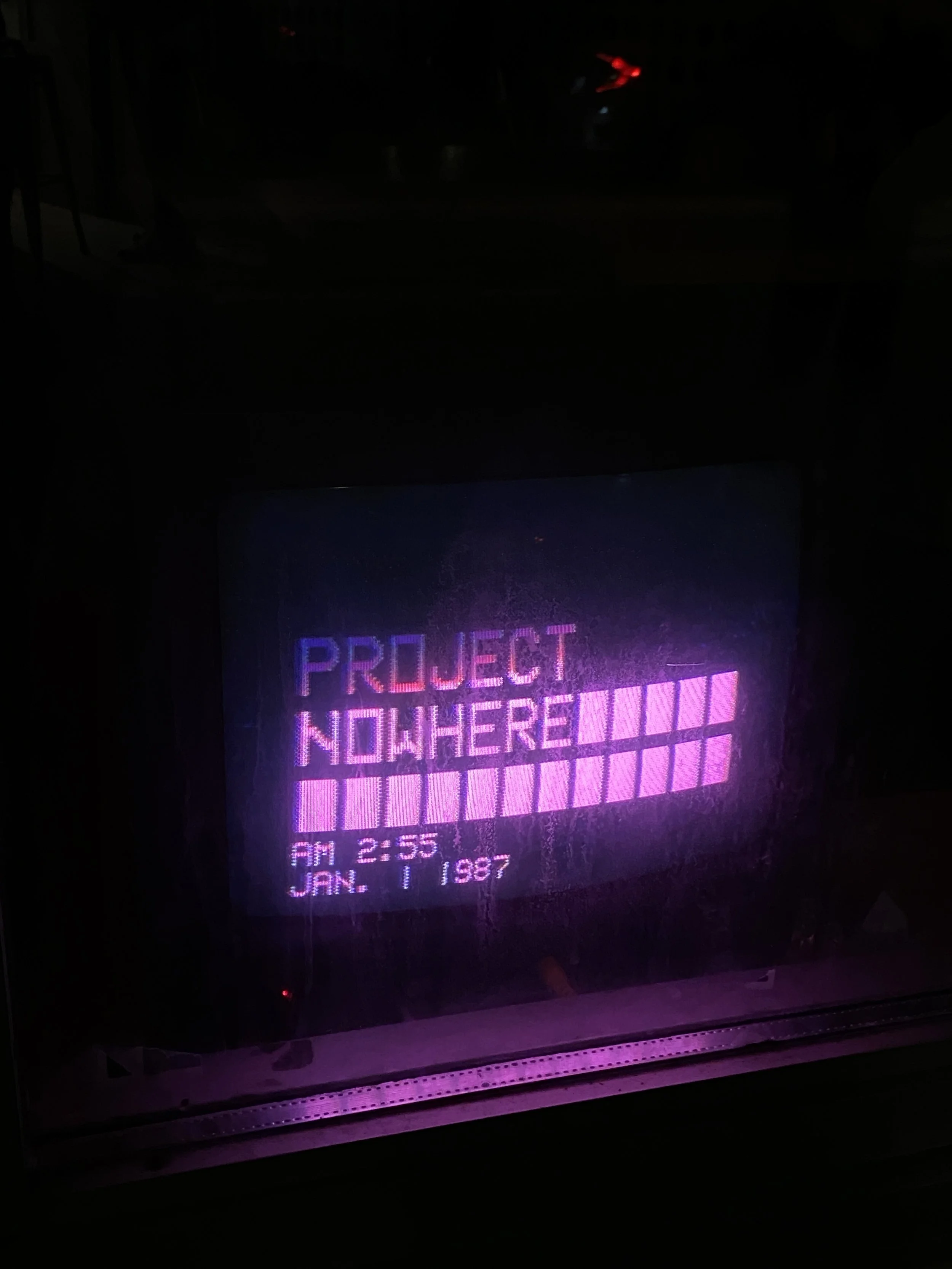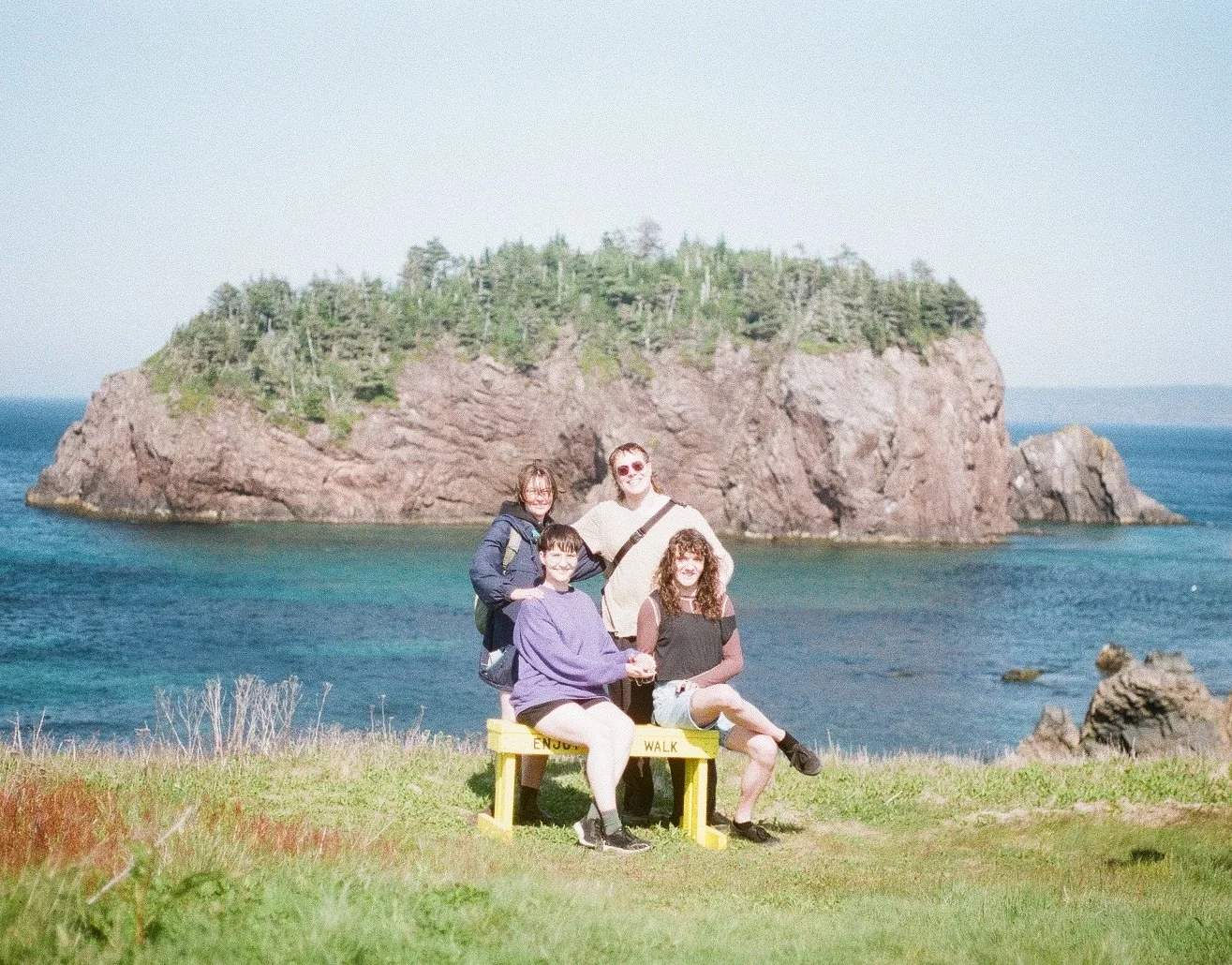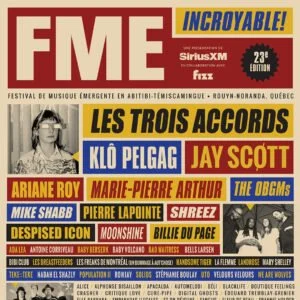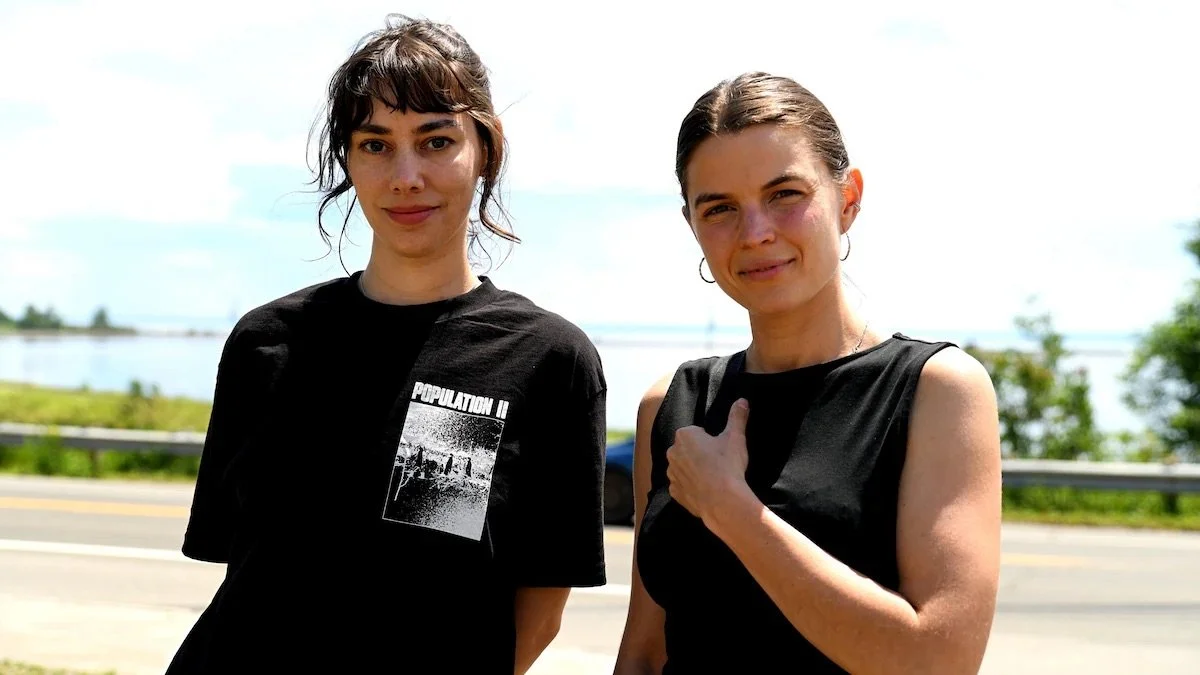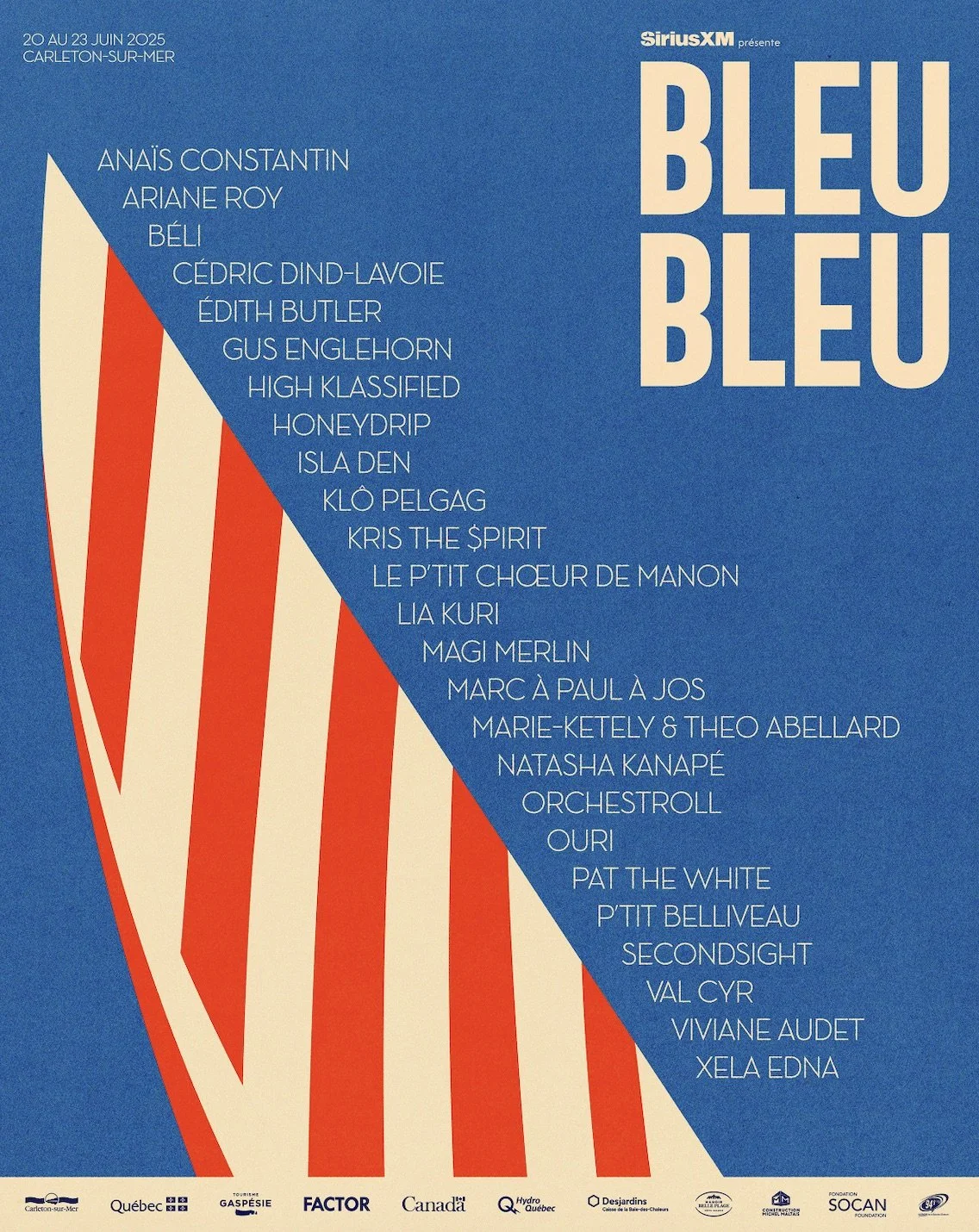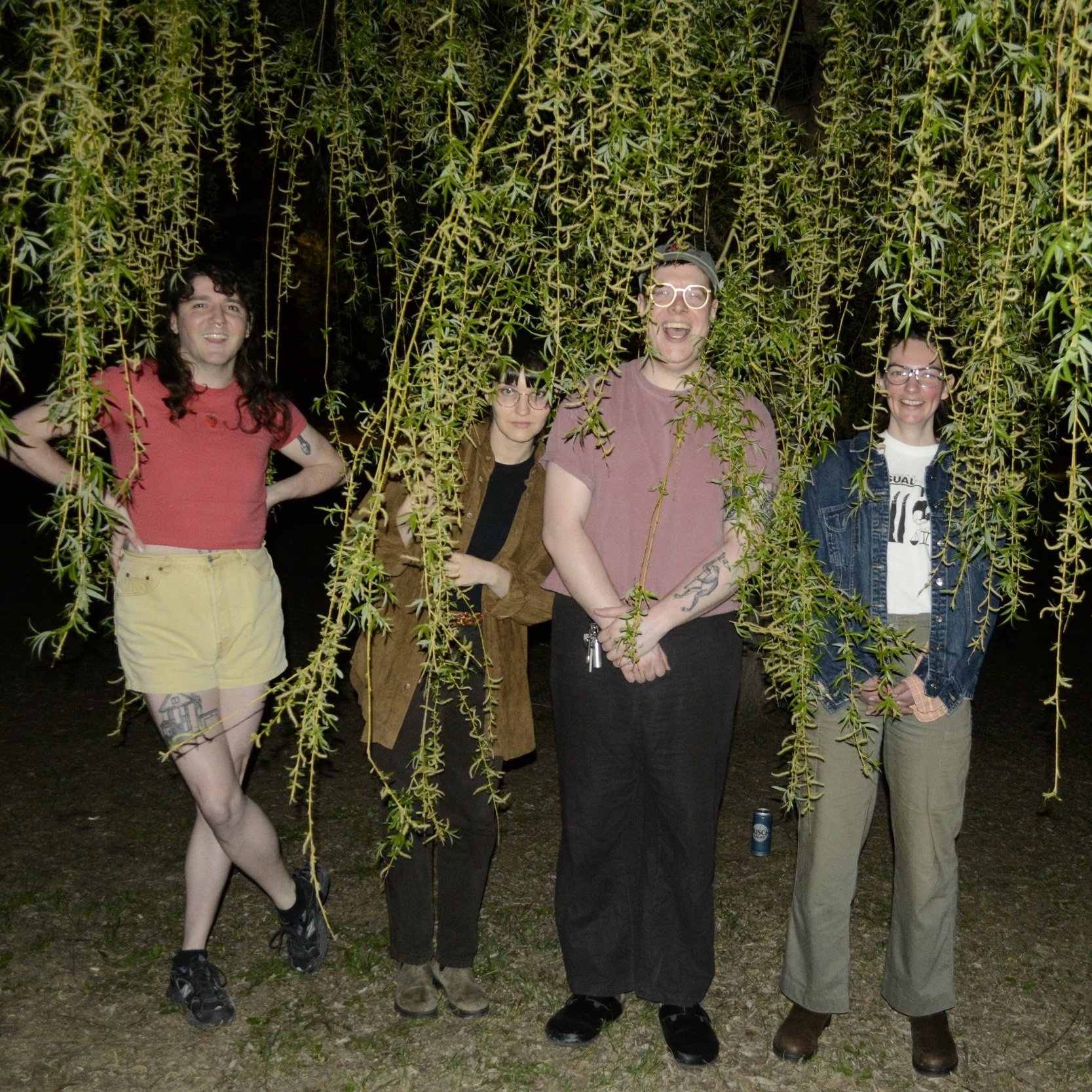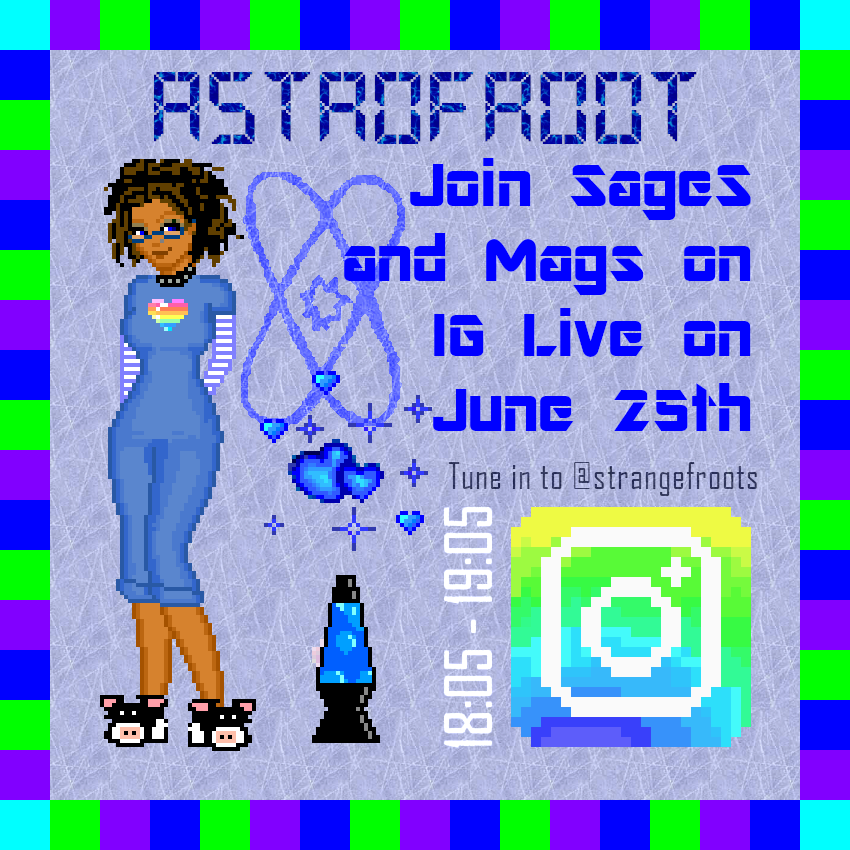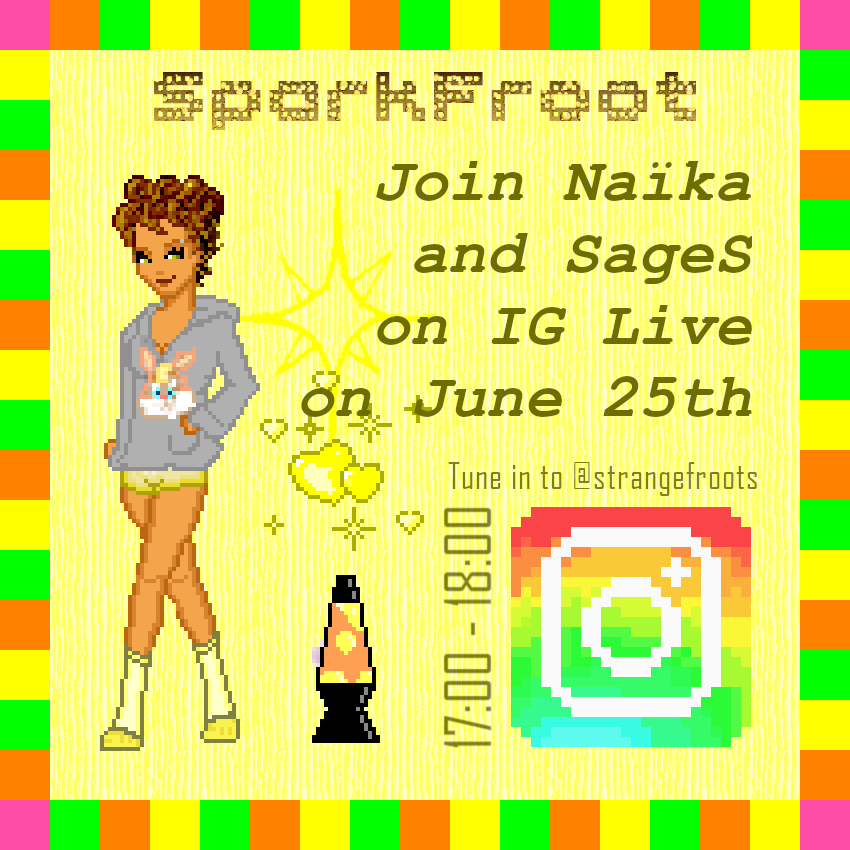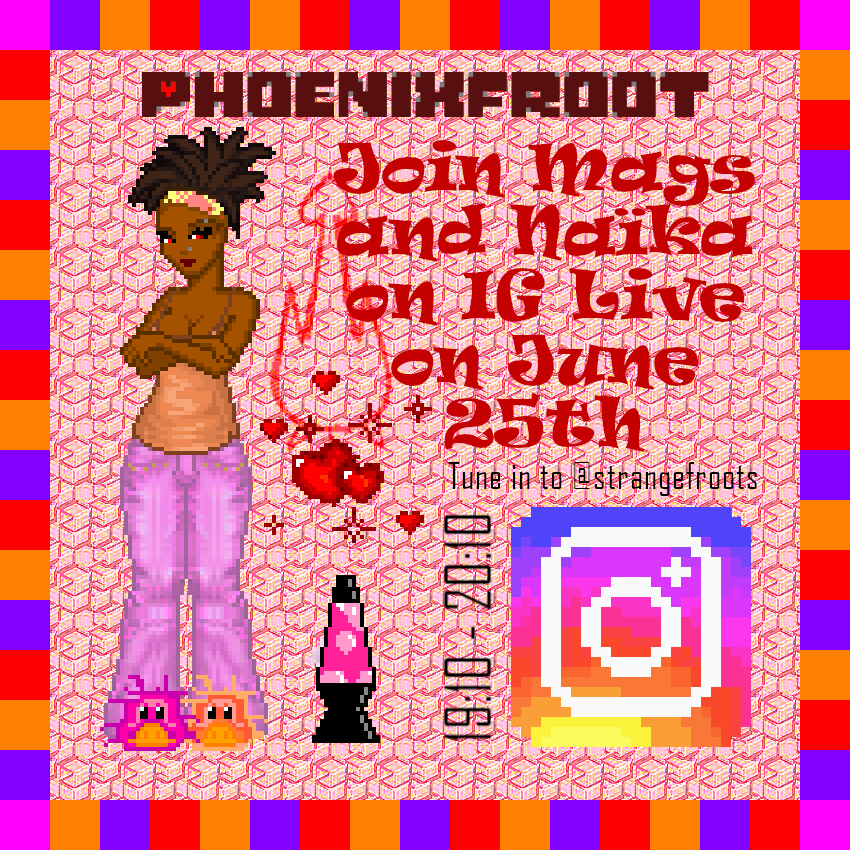Introducing Messkina: The Montreal DJ Setting Herself Apart With Unapologetic Self-Acceptance
Messkina by Victoria Gravel
Picture yourself on a hot and unfamiliar beach, dancing to your escape from a busy routine towards an enchanting adventure. This scene describes DJ Messkina’s perfect setting to have her music pumping.
After only a year of taking up DJing, the 21-year-old Montreal-based performer of Cameroon and Congolese descent has played in Montreal’s most popular clubs, such as Apt.200, SuWu, Datcha, Le Salon Daomé and Ti-Agrikol, to name a few. She’s even produced mixes for Moonshine and the major Brooklyn-based art collective Papi Juice, which celebrates the lives of the LGBTQ+ community.
Messkina’s unapologetic self-acceptance is what led to her DJ alias Messkina. It is the playful combination between her first name, “messy,” and the Arabic word miskeena for “unfortunate” — a moniker she says echoes her character.
Set apart by her contagious confidence and bold charm, Messkina’s presence behind the DJ booth encourages you to be yourself and dance to her carefully-selected house tracks influenced by the sounds of afro-fusion.
Messkina by Victoria Gravel
Dressed in a cropped pink velour jacket coupled with matching sparkly velour flared pants, Messkina met up with me in her Saint-Henri apartment to discuss her unusual journey as an emerging talent, and her newest mix “Philantropute.”
“I started producing mixes at a really dark period in my life,” says Messkina. “It was right when I dropped out of college and got temporarily fired from the strip club where I was dancing,” she says before she pauses briefly.
“Who knew you could get fired from a strip club?” she laughs.
Messkina by Victoria Gravel
The artist shares dealing with social anxiety starting at an early age, which kept her from staying motivated and performing academically.
“Going to school was very demanding for me, and I smoked a lot of weed to get by,” she explains.
It was at this moment that she decided to pursue something new.
It was shortly after that she responded to a call-out on social media looking for DJs. This led to her very first gig which was at the Mme Lee nightclub in Montreal’s Latin Quarter.
Messkina by Victoria Gravel
“It was packed. I was shaking because I was so nervous, but I did it.” she says.
Leaving school and her job as a sex worker ended up being a blessing in disguise as it pushed her to get back in touch with her creative side, and discover making music as a new-found passion.
Messkina quickly found her distinctive and diverse sound; which pulls together melancholic melodies, hip-hop, African drums and house music.
“I make music that makes you want to dance. Not to bang your head to, but just vibe to the rhythm,” says the DJ. “Although, I still consider myself new to the scene, and I still have a long road ahead of me in terms of experimentation,” she says.
Messkina by Victoria Gravel
Social distancing and other public health restrictions amid the COVID-19 pandemic have inherently changed the way DJs perform. At the beginning of the lockdown, Messkina tried live-streaming her sets and felt disappointed by the lack of connection with her audience.
“I don’t like Zoom parties. It’s boring to me,” she says. “It’s not the same without an audience, as you don’t really know how it sounds and you miss out on instant feedback.”
“It was really nice to be able to perform again in person when bars were reopened. People were tired of being inside and wanted to go to the club. Although dancing was prohibited, they seemed to just enjoy their time out and socializing.”
Messkina by Victoria Gravel
Messkina shares that despite the mental toll the lockdown has had on her, she’s used her free time to think about the style and aesthetics she wishes to pursue in her musical career.
“I have broadened my horizons musically and discovered several musical genres that I wouldn't necessarily have appreciated a few months ago,” she explains.
Her newest mix, “Philantropute,” is quite different from her previous mixes, featuring a higher-energy and dazzling tempo.
“It is more upbeat, hectic, and chaotic. It represents where I am mentally at the moment,” says Messkina.
Messkina by Victoria Gravel
Listen to Messkina’s latest mix “Philantropute” out now
Keep up with Messkina
Instagram | Twitter | Soundcloud
Written by Stéphanie Ricci
Stéphanie Ricci is a Montreal-based freelance multimedia journalist. Currently completing a journalism major coupled with a sociology minor at Concordia University, she is passionate about storytelling in all forms, but is particularly invested investigative work, writing about arts and culture, and creating original content.
Photo Credits
Photo: @victoriagravel
Hair: @iceboxhair
Nails: @jazzzynailz
MUA: @crazycattie_makeup

